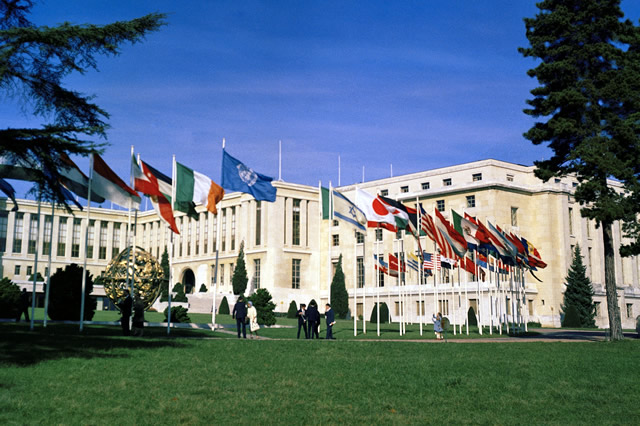On February 8th, negotiators will begin a week long session which will lay the foundation for a new climate agreement. Through this agreement, the global community has an opportunity to set in motion an ambitious and just response to climate change.
The Ad Hoc Working Group on the Durban Platform for Enhanced Action (ADP) was established at the Conference of Parties (COP) 17 in Durban in 2011. The ADP was mandated to develop a protocol, another legal instrument or an agreed outcome with legal force under the United Nations Framework Convention on Climate Change applicable to all Parties. This mandate will be completed at COP 21 in Paris this coming December, giving rise to a new climate agreement to commence in 2020.
In Geneva, the ADP enters its final year of negotiations. More importantly however, Geneva may be the final opportunity for Parties to inform the elements of the text that will be negotiated throughout the year before being finalised in December. Negotiators will reopen the so-called Elements Text, which emerged from COP 20 as an annex to the Lima Call for Climate Action.
As it stands, language in the elements text around human rights and gender equality is currently weak. The devastation caused by the recent flooding in Malawi and Mozambique testifies to how climate change is undermining the rights of some of the most vulnerable and marginalised people and communities in the world. Yet if not carefully planned, actions taken to respond to climate change can also undermine human rights and exacerbate existing gender inequalities. As our window for action narrows, and responses are planned with greater urgency, this issue becomes more acute.
In Geneva, the Foundation will be working to highlight the importance of a human rights framing for the new climate agreement and the need for full and equal participation of women in all climate actions and decision making processes. Such a framing would support equity and fairness in response measures and bring about climate action that is good for people and good for the planet.
A new essay from Professor Henry Shue takes a closer look at central issues of equity and fairness. Professor Shue, a Senior Research Fellow and Professor Emeritus of Politics and International Relations at Merton College, has been writing on issues of climate justice for over 20 years and is a member of the High Level Advisory Committee to the Climate Justice Dialogue.
Related:
{download}10{/download}
The Many Faces of Climate Justice: Exploring the Principles of Climate Justice – a collection of commissioned papers exploring and bringing to life the principles of climate justice.
Zero Carbon, Zero Poverty – The Climate Jusitce Way
Position Paper: Human Rights and Climate Action
Position Paper: Meeting the needs of the poorest – a role of social protection


